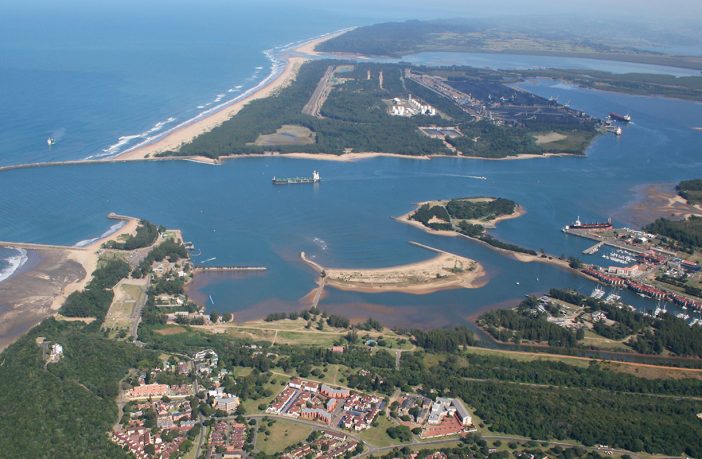- Two civil society organisations challenging a proposed 3000MW gas-to-power plant to be built in Richards Bay by state-owned enterprise, Eskom, during February filed papers in the Supreme Court of Appeal (SCA) after being denied leave to appeal by the Pretoria High Court.
The South Durban Community Environmental Alliance (SDCEA) and groundWork, supported by Natural Justice and the Green Connection, represented by environmental law firm, Cullinan & Associates, had asked the Pretoria High Court to set aside the environmental authorisation granted to Eskom for the construction of the power plant.
For the High Court, Judge Millar found that the public participation process leading up to the granting of the authorisation was inadequate, but nevertheless dismissed the application to have it set aside.
SDCEA and groundWork applied to the Pretoria High Court for leave to appeal. The hearing took place on 17 January. A day later, on 18 January 2023, Judge Millar dismissed the NGOs’ application on the basis that he was of the view that another court would not come to a different conclusion.
On 20 February 2023, SDCEA and groundWork filed papers to petition the SCA for permission to appeal to it, firstly on the basis that the appeal has reasonable prospects of success, and secondly, that there are compelling reasons for hearing an appeal against a judgment that has very significant implications for how South Africa responds to the twin challenges of climate change and long-term energy generation, in order to address energy poverty in South Africa.
The review application
In December 2019, Eskom was granted environmental authorisation to construct the power plant, although construction on the project has not yet begun. The gas-to-power plant would be fuelled by gas via a pipeline that will be installed from a terminal at the Richards Bay Port and would supply up to 3000 MW of energy.
SDCEA and groundWork applied for the environmental authorisation to be declared unlawful and set aside based on a number of grounds. On 2 August 2022 Judge Millar heard the case in the Pretoria High Court.
SDCEA and groundWork made a number of arguments as to why the project should be set aside. They argued that there was an inadequate assessment of the climate change impacts of the project, despite the judgment of Earthlife Africa stating that climate change impacts must be assessed before issuing an environmental authorisation for a proposed project.
A crucial aspect of their challenge was that the impacts of gas that escaped en route to the facility (fugitive emissions) was not considered. The expert evidence of Professor Howarth of Cornell University has shown that using natural gas (most of which is methane) to generate electricity would have worse climate change impacts than using coal, if more than 2.8% of the methane leaked before being burned in the power plant.
The organisations also argued that the environmental impact assessment (EIA) unlawfully failed to assess the use of renewable energy plants as an alternative to gas, and failed to provide a sufficient analysis of the need and desirability of the gas-to-power plant. This project would lock South Africa into long-term cost commitments – a proposed R72 billion. Further, the cumulative impacts of the project were not considered adequately in the EIA.
Importantly, the public participation process was flawed as many communities were excluded from the public participation process by virtue of the fact that none of the communications during the public participation process had been conducted in the home language of the majority of people in the area (isiZulu).
Judgment and leave to appeal
On 6 October 2022, the Pretoria High Court dismissed the review application, but did grant ancillary orders to the effect that the decision to grant the environmental authorisation should be published in isiZulu and the communications in future EIAs for the gas terminal and pipeline should also be in isiZulu.
On dismissal, the court awarded costs to SDCEA and groundWork, even though they had been unsuccessful, because they had had “brought to the fore the deficit in the public participation process – an essential element central to the legitimacy of the entire application process.”
SDCEA and groundWork then applied for leave to appeal the dismissal. The arguments were heard on 17 January 2023 and the judgment handed down the very next day, 18 January 2023, which dismissed the leave to appeal.
SDCEA and groundWork challenged every finding made in the judgment, apart from the ancillary and cost orders.
SDCEA and groundWork have now petitioned the Supreme Court of Appeal.
Author: Bryan Groenendaal















